
Access to latest technology
Receive a treatment or therapy that may not otherwise be available or better understand its effectiveness, typically at little to no additional cost to you.

A clinical trial involving a medical device is a voluntary study conducted in people and designed to answer specific questions about the safety and effectiveness of the device for a specific use or a use that may not otherwise be available, usually comparing the intervention with a device against a control group.

Receive a treatment or therapy that may not otherwise be available or better understand its effectiveness, typically at little to no additional cost to you.

Contribute to new discoveries or improved treatment options for other patients now and in the future.

While there may or may not be benefits to you, the results of a trial may benefit the people who come after you.
Note: There are risks to taking part in clinical trials. There may be unpleasant, serious, or even life-threatening effects of experimental treatment. Risks specific to each study are described in the informed consent documents.
Gender and ethnic differences matter in the selection process as some conditions are more prevalent in certain groups. No matter who you are, please consider participating to see if you qualify!
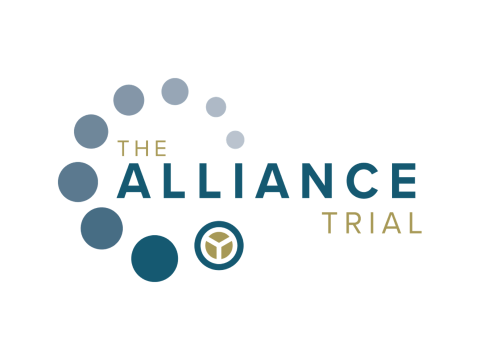
The ALLIANCE trial will explore whether the SAPIEN X4 transcatheter heart valve (THV) is beneficial for patients with symptomatic, severe, calcific aortic stenosis. The ALLIANCE trial will also explore whether the SAPIEN X4 transcatheter heart valve is beneficial for patients with a failing aortic bioprosthetic valve. This trial is currently enrolling.

The ALT-FLOW II clinical trial is studying the safety, performance, and effectiveness of the Edwards APTURE transcatheter shunt, a device designed to relieve symptoms due to certain types of heart failure. This trial is enrolling participants with an ejection fraction > 40% that are experiencing heart failure symptoms despite being on guideline-directed medical therapy.
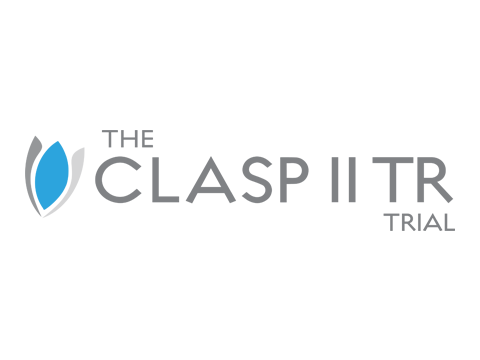
The CLASP II TR clinical trial study is to determine the safety and effectiveness of the Edwards PASCAL transcatheter valve repair system, a device designed to repair the tricuspid valve with no open heart surgery.
This trial is meant for patients with severe, symptomatic tricuspid regurgitation, despite current medical therapy. Talk to your doctor to determine if this trial is right for you.
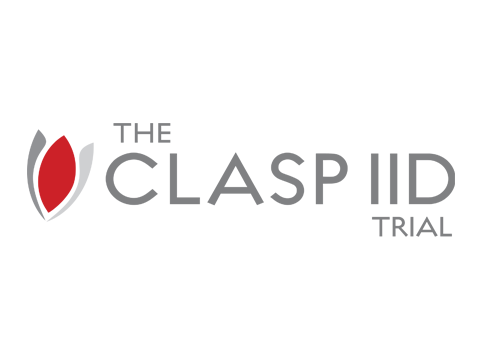
The CLASP IID clinical trial studies the Edwards PASCAL transcatheter valve repair system, a device designed to repair the mitral valve with no open heart surgery. The trial is meant for patients with mitral regurgitation who are prohibitive-risk candidates for open heart surgery. Talk to your doctor to determine if this trial is right for you.
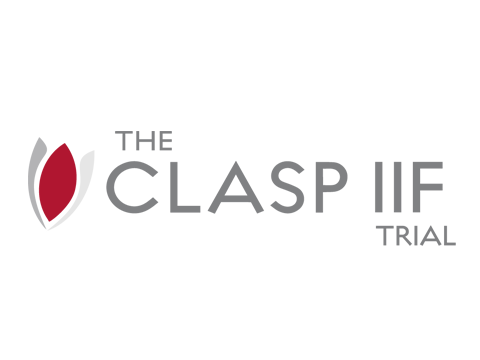
The CLASP IIF clinical trial studies the Edwards PASCAL transcatheter valve repair system, a device designed to repair the mitral valve with no open heart surgery. This trial is meant for patients with greater than moderate and symptomatic functional mitral regurgitation (FMR). Talk to your doctor to determine if this trial is right for you.
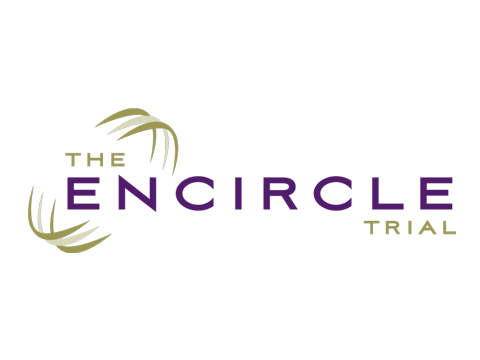
The main ENCIRCLE trial is no longer enrolling patients. The Failed TEER registry is currently enrolling patients who have had an attempted but failed transcatheter edge-to-edge repair (TEER) procedure. The ENCIRCLE trial studies the SAPIEN M3 system, a device designed to replace the mitral valve without open heart surgery. This trial is meant for patients with a mitral regurgitation grade of at least 3+ for whom commercially available surgical or transcatheter treatment options are unsuitable.
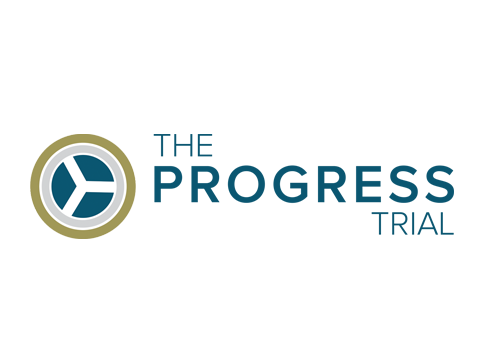
This trial is no longer enrolling patients. The PROGRESS trial will evaluate if the SAPIEN 3, SAPIEN 3 Ultra, and SAPIEN 3 Ultra RESILIA transcatheter heart valves (THV) are beneficial in patients with moderate, calcific aortic stenosis versus careful observation (or clinical surveillance). Currently, the study devices are approved for patients with symptomatic severe aortic stenosis.
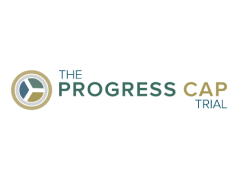
The PROGRESS CAP study will continue enrolling patients at participating sites to increase representation of all populations.

The TRISCEND II clinical trial is no longer enrolling patients. The TRISCEND II trial purpose is to determine the safety and effectiveness of the EVOQUE valve, a device designed to replace the tricuspid valve with no open heart surgery. This trial is for patients with severe or greater tricuspid regurgitation.

We are committed to providing the highest levels of customer service to help our patients improve their quality of life. For any questions, please contact the Edwards Patient Support Center.
Give us a call
Send us an email

As a member of the Advanced Medical Technology Association (“AdvaMed”), Edwards strictly adheres to the requirements of the AdvaMed Code of Ethics on Interactions with Health Care Professionals.
CAUTION: Investigational device. Limited by Federal (United States) law to investigational use.